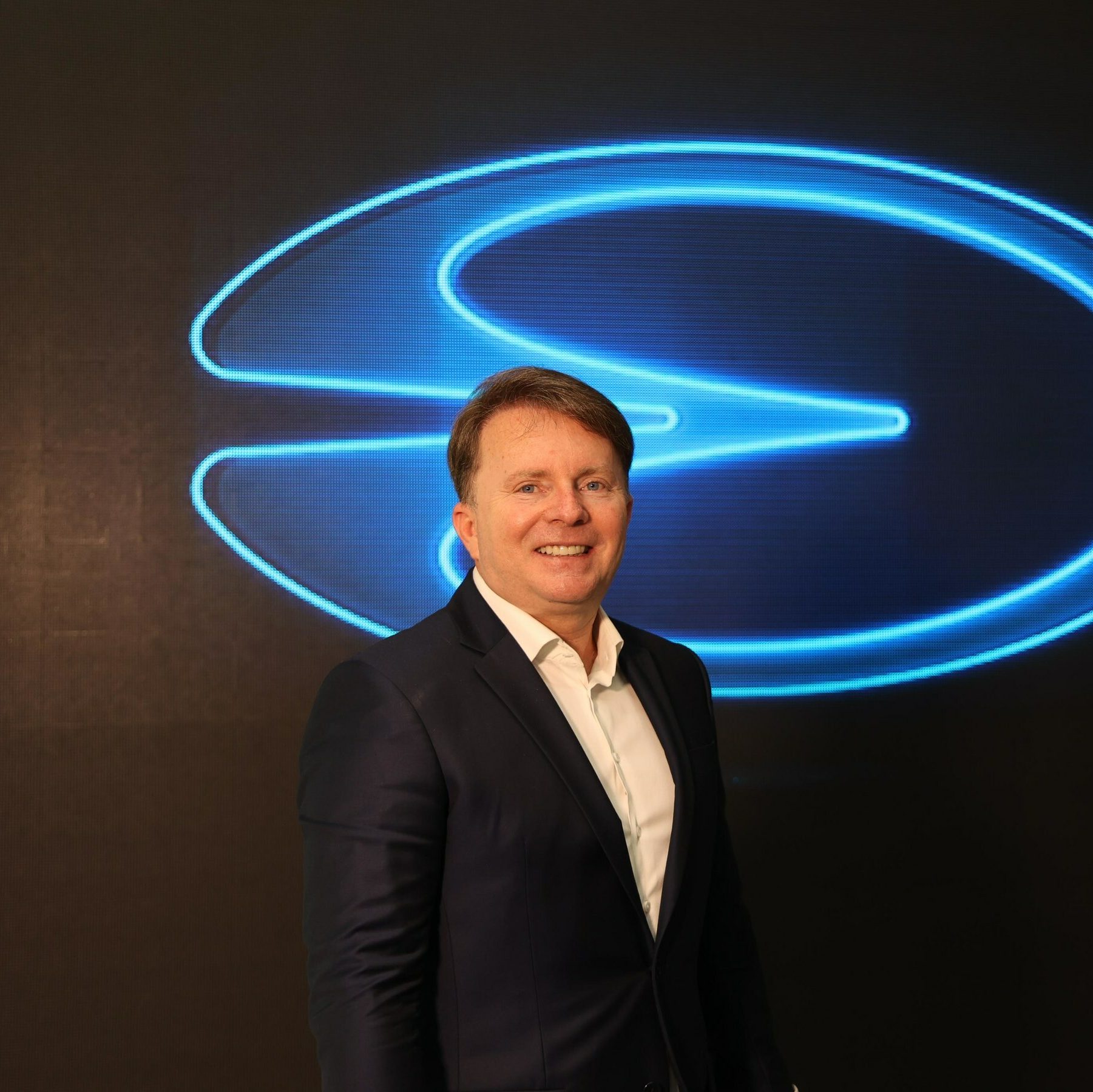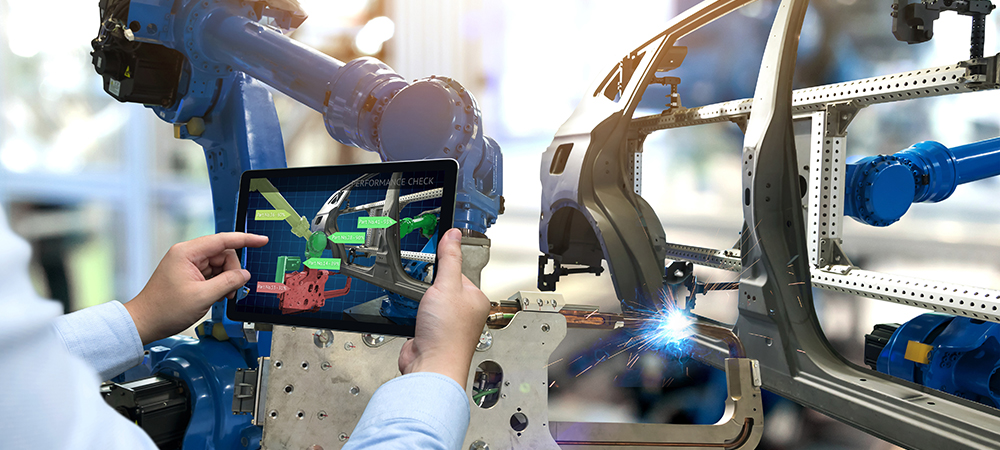Manufacture is backed by a plan to install fast charging stations on the 10 largest highways in Brazil allowing any electric vehicle to travel across the entire country.
Entrepreneur Flávio Figueiredo Assis says he’s ready to make history by launching the first originally Brazilian electric car.

More than contributing to changing the energy matrix and positively impacting the environment, his mission is to change the image of Brazil to the world – taking inspiration from Elon Musk, with whom he says he shares a similar story.
Assis is the founder of LECAR – billed as Brazil’s first electric car manufacturer and production of Lecar Model 459 production of the car begins this year.
With a degree in Law and Accounting, Assis founded Lecard, a food card administrator that reached an annual turnover of US$1 billion, supplying to public bodies and private companies.
In 2022, he sold the company with the intention of creating, LECAR.
The company’s mission is to redefine Brazil’s presence on the global automotive scene through non-polluting vehicles that meet the demands of authorities and consumers.
Currently, the team has 30 engineers, many of them with experience at companies such as Ford, Toyota and Nissan.
The factory is being set up in the southern region of the country, with 65% of the parts being national and 35% imported.
The LECAR 459, the company’s first vehicle, will have batteries from the company Winston Battery, which also supplies to Volkswagen and Hyundai.
Consumer price will be US$55,000, with a range of 400km per charge.
The company also plans to launch an urban version with a popular price, the LECAR POP, with an estimated price of US$20,000, 250km per charge and capacity for five passengers.
Capital is 100% owned, but the expectation is to carry out an IPO by 2025.
The planned investment is US$3 billion.
“In addition to a project that favors mobility and sustainability, our objective is to create a perception of value for Brazil, just as we should always be perceived,” said Assis.
“We are the 9th economy in the world, passionate about cars and Formula 1. We have Ayrton Senna, Nelson Piquet and Emerson Fittipaldi, F1 champions, as our idols and nevertheless we never had a national car manufacturer. Let’s change the course of history,” he said.
Before this occurs, the car will go to England, where it will undergo a series of approvals at LATIN NCAP, with impact, aerodynamic and safety simulator assessments.
The expectation is that the first vehicles will be manufactured in December 2024.
By 2025, the goal is to produce 300 vehicles per month – with revenues of US$200 million.
In five years, LECAR intends to produce 50 thousand cars annually, with US$15 billion in revenue.
The company also intends to create a subscription plan, changing the culture of ownership to one of access and sharing – the most sustainable ways of using cars.
The base subscription for the 36-month lease plan will be offered for approximately 3% of the sales price for a monthly mileage of 1,000 km.
Another fundamental initiative is in relation to charging infrastructure.
The company intends to install fast charging stations on the 10 largest highways in Brazil, totaling 36,437km.
With this plan, any electric vehicle will be able to travel across the entire country.
Stations will be strategically located every 200 kilometers, allowing Drivers to recharge their cars quickly, conveniently and safely.
In addition to operating throughout the national territory, the entrepreneur plans the internationalization of his automobile manufacturer, especially to the USA, France, Italy and Monaco.
“We are already lining up a series of partnerships in these countries to take our brand to the world.”
Moreover, LECAR plans to create a battery cell factory, allowing self-sufficiency in car production.
“We have 97% of the minerals that make up battery cells in our country.
“In addition to being self-sufficient, we can also become protagonists and a major reference in the global electric vehicle market, supplying cars to other countries.
“We are committed to making all of this a reality,” Assis said.
Click below to share this article

